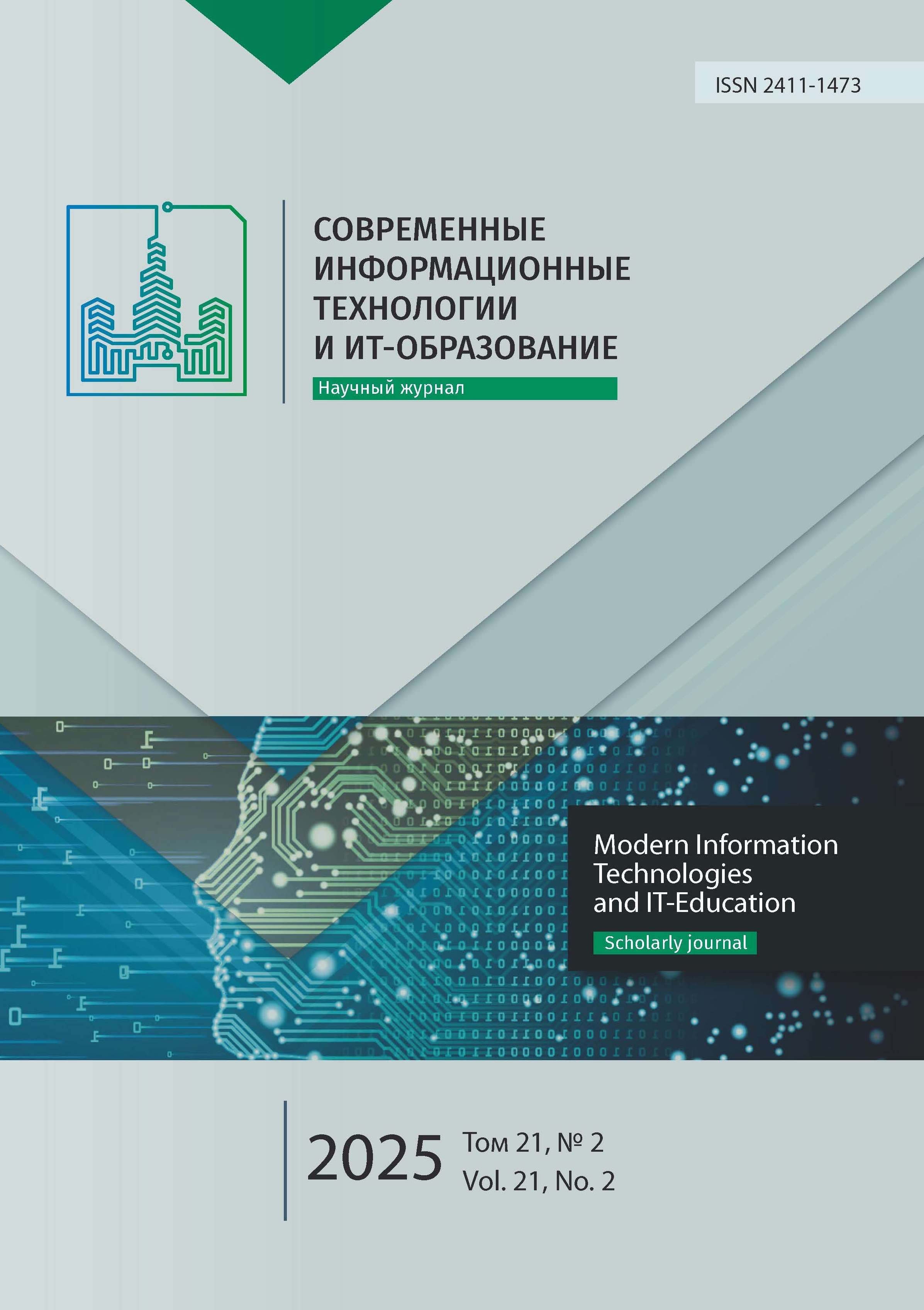Роль квантовых программных симуляторов при формировании методологической базы для обучения квантовым вычислениям
Аннотация
Статья посвящена актуальной проблеме разработки и внедрению механизма обучения квантовым вычислениям с использованием квантовых программных симуляторов в образовательную среду ВУЗа. Серьезным барьером на пути развития квантовых вычислений является недостаточное количество квалифицированных специалистов, способных работать с новыми вычислительными технологиями. В статье рассматриваются подходы к формированию методологической базы для обучения этому научно-техническому направлению. Особое внимание уделяется использованию квантовых программных симуляторов, позволяющих проводить обучение с использованием классических вычислительных устройств. Приобретение практических навыков работы с квантовыми алгоритмами, включая их моделирование на программных симуляторах для запуска на классических устройствах является основной образовательной задачей при изучении подходов к квантовым вычислениям.
Предлагаемый автором подход интеграции квантовых вычислений в образовательную среду дает возможность формировать курсы обучения по квантовым вычислениям с фокусом на практическое применение в различных предметных областях. Доступность инструментария, интерактивность и гибкость (поддержка различных языков программирования и интеграция с другими инструментами и библиотеками) позволяют использовать предлагаемый механизм при разработке обучающих материалов различного уровня сложности и направленности, делая обучение доступным для более широкой аудитории.

Это произведение доступно по лицензии Creative Commons «Attribution» («Атрибуция») 4.0 Всемирная.
Редакционная политика журнала основывается на традиционных этических принципах российской научной периодики и строится с учетом этических норм работы редакторов и издателей, закрепленных в Кодексе поведения и руководящих принципах наилучшей практики для редактора журнала (Code of Conduct and Best Practice Guidelines for Journal Editors) и Кодексе поведения для издателя журнала (Code of Conduct for Journal Publishers), разработанных Комитетом по публикационной этике - Committee on Publication Ethics (COPE). В процессе издательской деятельности редколлегия журнала руководствуется международными правилами охраны авторского права, нормами действующего законодательства РФ, международными издательскими стандартами и обязательной ссылке на первоисточник.
Журнал позволяет авторам сохранять авторское право без ограничений. Журнал позволяет авторам сохранить права на публикацию без ограничений.
Издательская политика в области авторского права и архивирования определяются «зеленым цветом» в базе данных SHERPA/RoMEO.
Все статьи распространяются на условиях лицензии Creative Commons «Attribution» («Атрибуция») 4.0 Всемирная, которая позволяет другим использовать, распространять, дополнять эту работу с обязательной ссылкой на оригинальную работу и публикацию в этом журналe.













